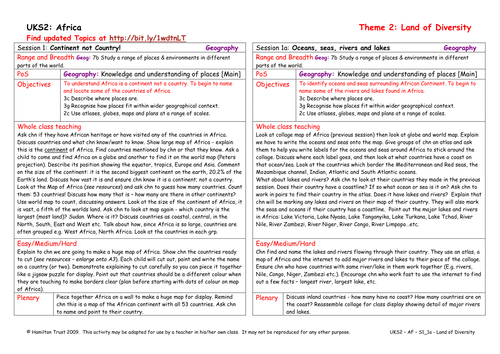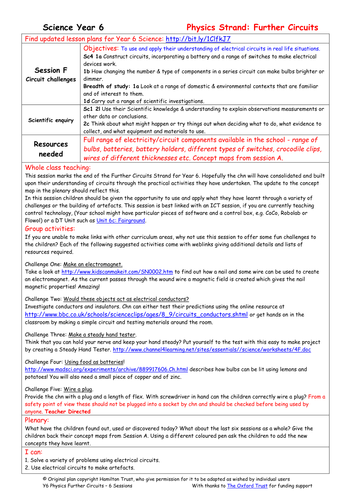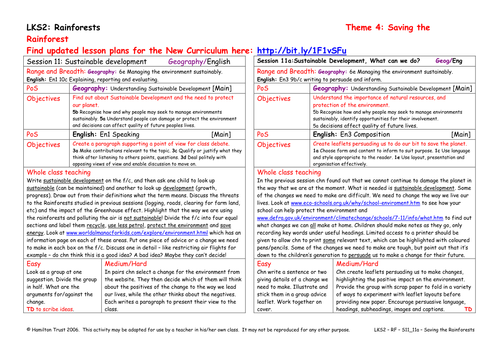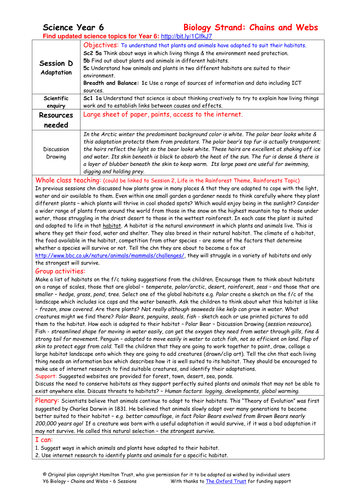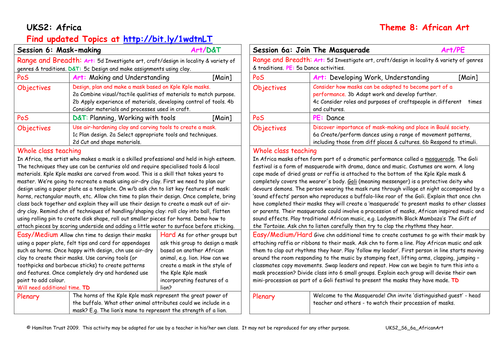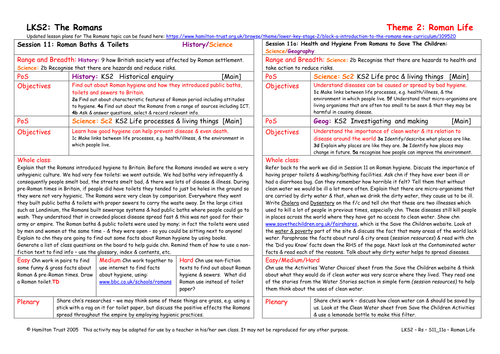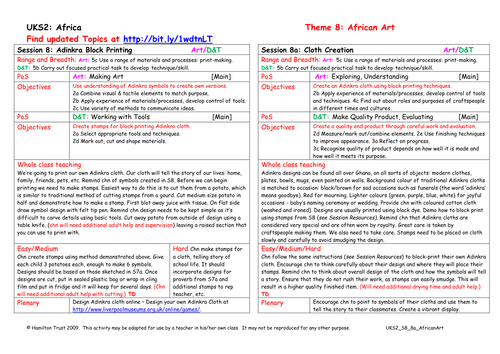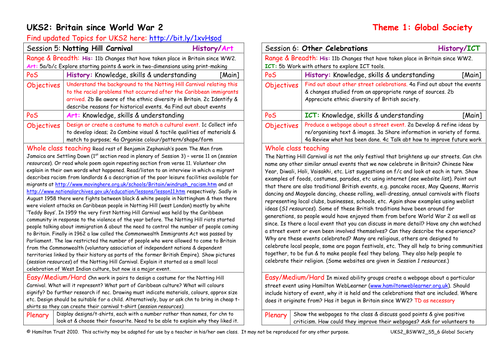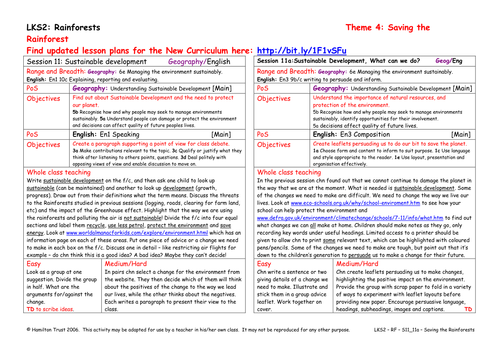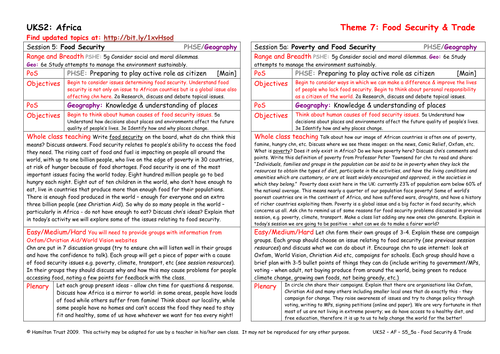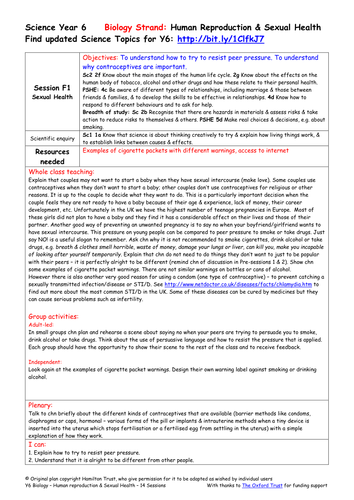
397Uploads
10045k+Views
11646k+Downloads
All resources

Children discuss the advantages and disadvantages of texting and emails, then write an email with attachments to an email ‘pen pal’ about their favourite session from this topic.

Mini World Cup
Is your school ready for kick off? In this session you help the children plan a mini world cup for your school. How can you get other children involved? Who will take responsibility for each aspect of the mini tournament?

Devices to build cohesion - Presentation & Exercises
Grammar teaching presentation and grammar exercises.
The teaching presentation includes 22 slides that cover:
Devices to build cohesion within and across paragraphs.
Pronouns
Determiners
Subordinating Conjunctions
Adverbs
Paragraphs
Adverbials (including place, number, time)
Topic Sentences
Each cohesive device is introduced, clearly explained, and an example is provided. The class is asked some simple questions to check understanding.
We then provide grammar exercises for children to:
Practise using conjunctions correctly
Practise using cohesive devices within a paragraph
Each collection of exercises is made up of three sets. Set A is the easiest or most accessible, Set C is the hardest or uses more complex language.
This resource is aimed at UKS2. Use the presentation to introduce or revise a grammatical concept as a stand-alone lesson or add on the accompanying exercises for children to practise and apply their knowledge.

Batik Technique
Introduce children to the techniques of flour resist batik and explore the history of batik in Africa. Children get a chance to practise the methods themselves.

Italy & The UK
Following the work in Session 11, chn consider how Italy fits into the categories of countries in the modern world. After a discussion of the difference between developed and developing countries, children identify the differences between Italy and the UK.
Suitable for years 3 and 4.

Family Food
Consider where the food that we eat comes from. Grown at home, locally or in another country? Discuss food miles. Who does the shopping, cooking, washing up? Where does the water come from? Cook a meal/dish and write the recipe to send to your link school. Suitable for years 5 and 6.

Oceans, seas, rivers and lakes
Following their personal choices in session 1, children research the countries they identified. They mark physical features on their maps, including rivers, lakes, deserts and mountains. They also identify the oceans and seas.
Suitable for years 5 and 6.

Circuit challenges
In this session children apply their knowledge and understanding of circuits in other subject areas or through a variety of practical challenges. Iron nails, lemons and the steadiest of hands are needed in this session!
Suitable for Y6 pupils.

Sustainable Development
The way we are damaging the planet we live on is not sustainable! Children find out about sustainable development and look at some of the changes that we need to make. Children think of both positives and negatives for these changes.

World Trade Game
Through playing the Christian Aid Chocolate Trade Game (need internet) children come to understand, in a fun way that world trade rules are unfair to developing food producing countries. They think about human causes of food security issues.

Adaptation
Did you know that Polar Bears don’t actually have white fur? But what they do have are many other adaptations that make them well suited to the Polar habitat. Children identify how other creatures have adapted to their habitat. Suitable for Y6 pupils.

Mask Making
Make a Kple Kple mask using air-dry clay. Based on their research children design and make their own versions of these fascinating African masks.

Magnetic Attraction and Repulsion
Following session 7, children look at which types of material are attracted by magnets and which are not. Using an experimental approach, they also investigate the two magnetic poles on a magnet and what happens when like is placed against like, etc.
Suitable for years 3 and 4.

Roman Baths & Toilets
In this session children look at how the Romans improved hygiene arrangements across the empire by providing clean water and drains for sewage. Children investigate Roman toilets and baths, and discuss the positive effects of these innovations.
Suitable for years 3 and 4.

Adinkra Block Printing
Selecting appropriate tools and techniques chn create potato stamps of their own Adinkra cloth symbols, ready to block print on a cloth.

Household Gadgets
Children discuss labour-saving gadgets and chores which are still time-consuming or unpleasant. They then work in groups to design their own gadget and present it to the rest of the class as in the Dragon’s Den.

Other Celebrations
Look at other celebrations that take place here now because of the different immigrants who have come to Britain. Children research one of these celebrations in groups and using Hamilton WebLearner children produce a web page to describe and explain it.

Sustainable development - What can we do?
All talk no action...! Not in this session. Children use the internet to find out what else we can do before creating leaflets to persuade other children and adults to make the change!

Poverty and Food Security
Children think positively about ways in which we can help to improve the lives of people who lack food security. Thinking about our responsibilities as world citizens, children discuss ways of campaigning to change the causes of lack of food in Africa.

Sexual health
Session 1 - Have discussion about contraceptives as a way of preventing an unwanted pregnancy, but also explain that they can help protect against sexually transmitted infections and diseases. Use drama to practise saying no to peer pressure for smoking, alcohol or drugs. Children design warning labels.
Session 2 - Discuss one sexually transmitted disease / infection in more detail – HIV / Aids. Ensure children understand difference between having the virus and the syndrome. Watch a video by children living with an HIV mother and discuss stigma involved with HIV / Aids. Look at statistics and discuss Memory Books and World Aids Day.
Suitable for Y6 pupils.







